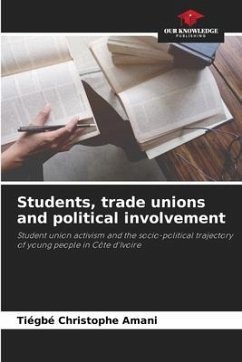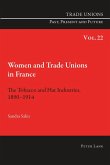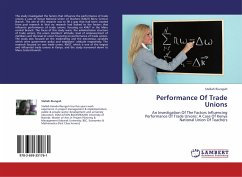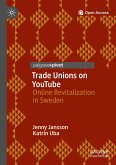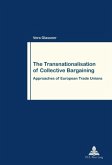The recurrent socio-political crises that Côte d'Ivoire has experienced since the 1990s culminated in an armed rebellion in 2002, followed by a post-electoral crisis in 2011. Throughout these years, the school has been a catalyst for all the social and political struggles. Young trade union leaders at the head of student organisations have positioned themselves as major players. The crises that emerged in Côte d'Ivoire's public universities, mainly within the FESCI (Fédération Estudiantine et Scolaire de Côte d'Ivoire), crystallised into open opposition between the "Young Patriots" and the MPCI on the one hand, and between "pro-Gbagbo" or LMP youth and "pro-Ouattara" or RHDP youth on the other. How have these young leaders positioned themselves as major players in these political crises? Political instruments or actors? What are the social determinants that explain their political and social trajectory? This study presents the results of 'close-up' observation based on biographical and autobiographical accounts and newspaper articles.
Bitte wählen Sie Ihr Anliegen aus.
Rechnungen
Retourenschein anfordern
Bestellstatus
Storno

